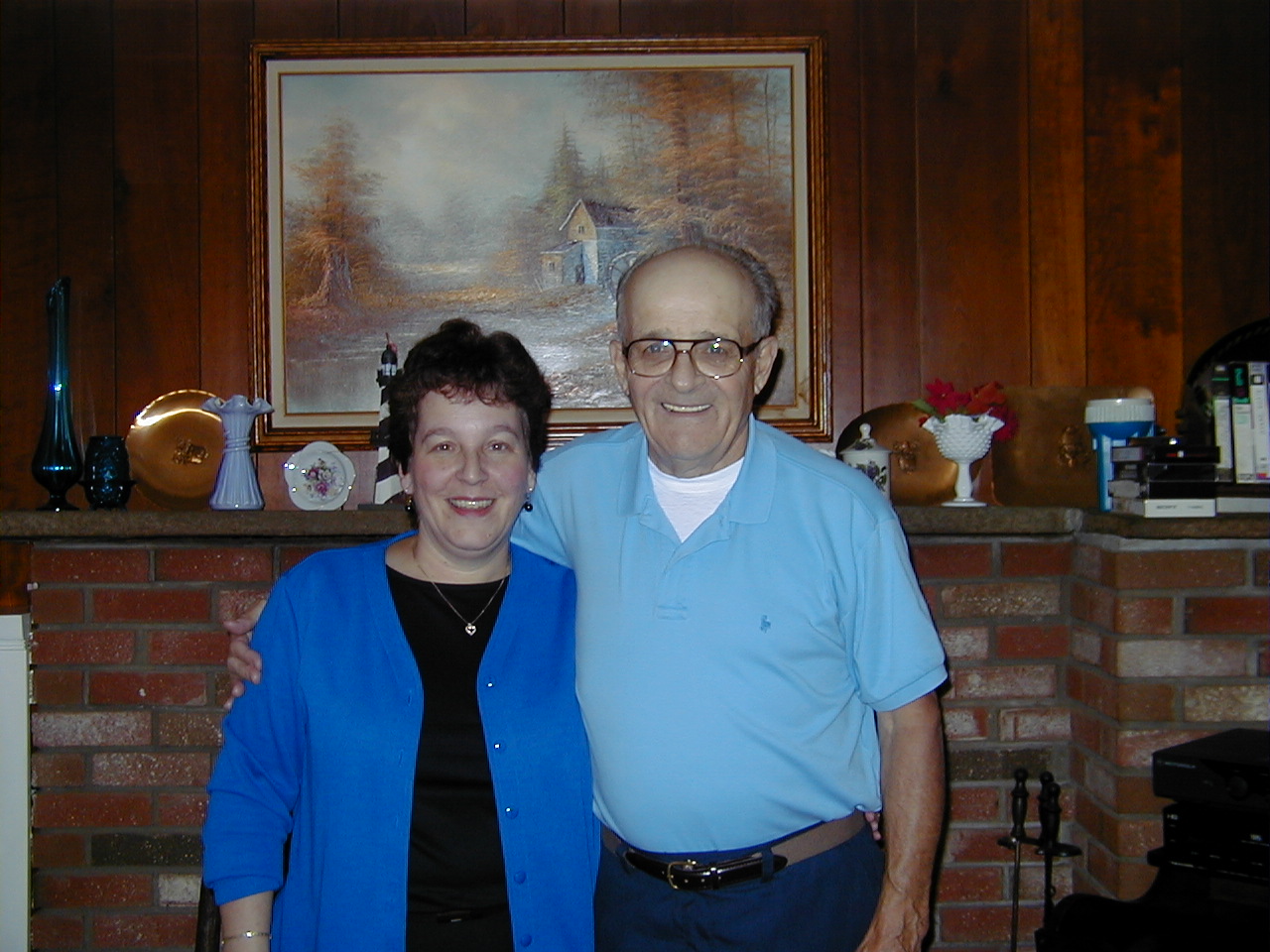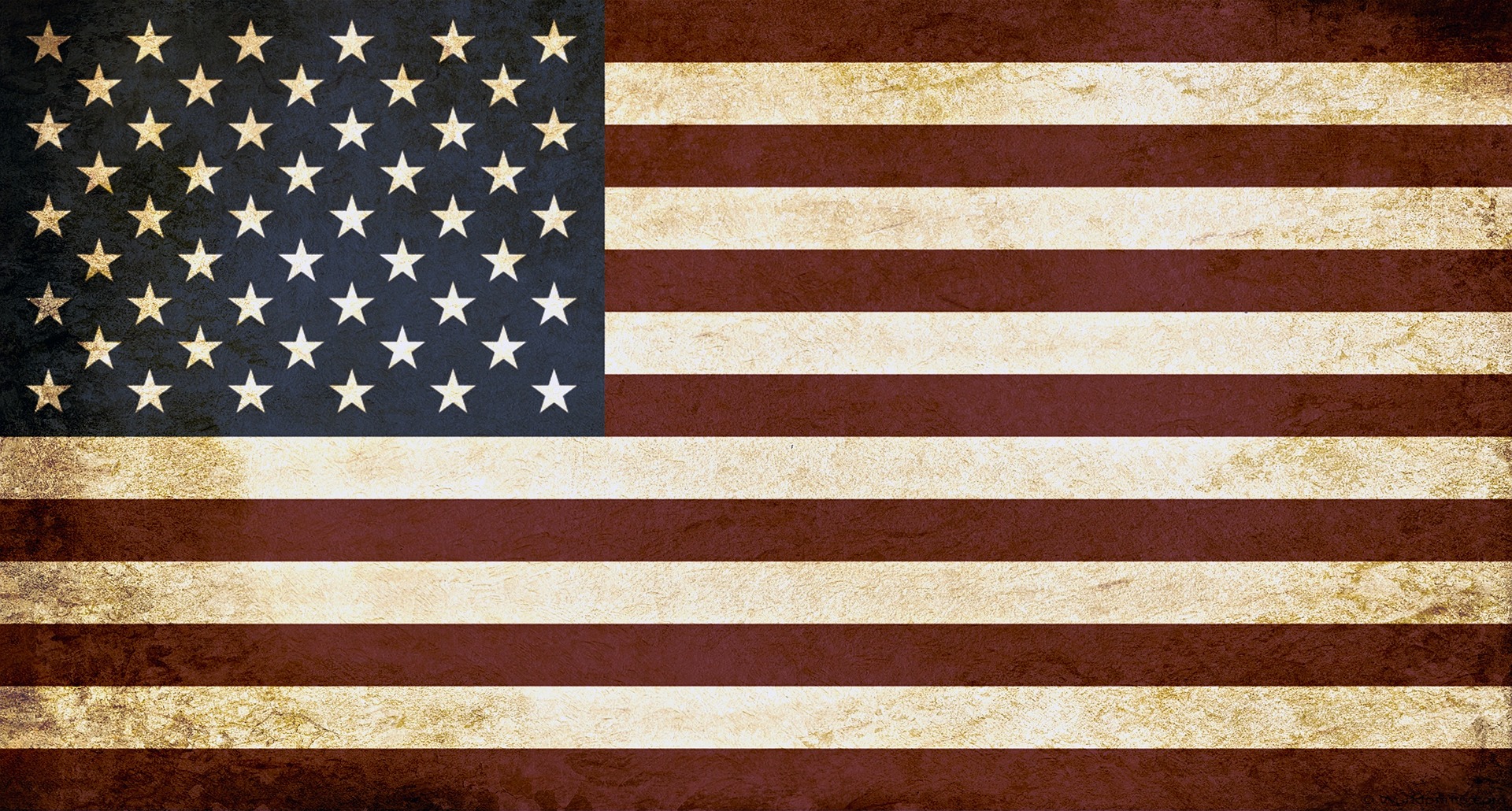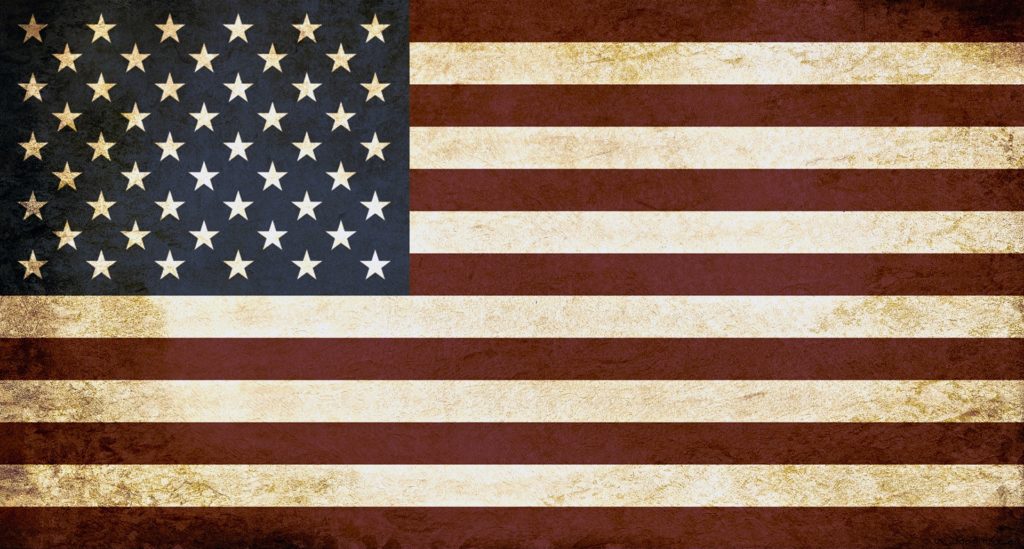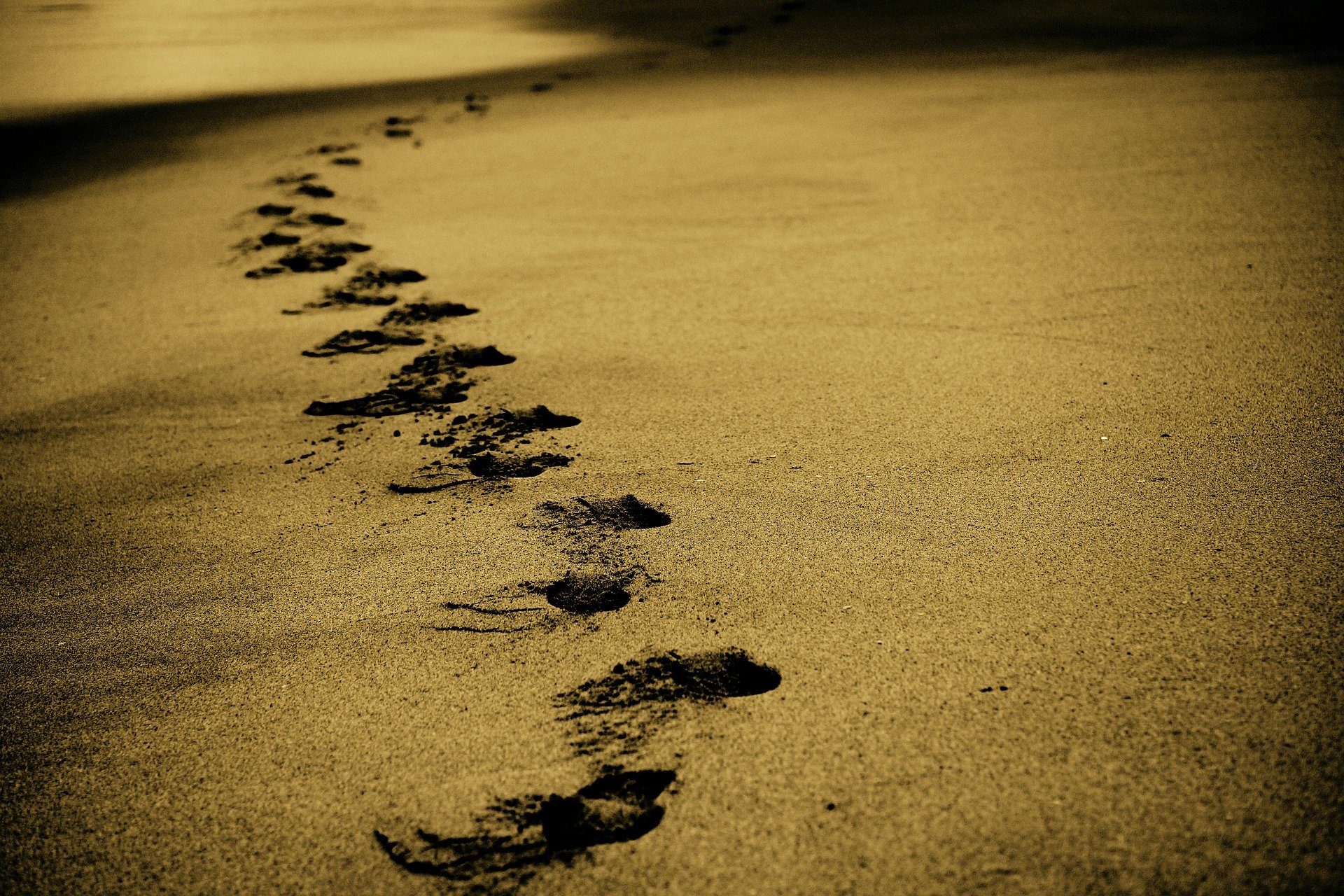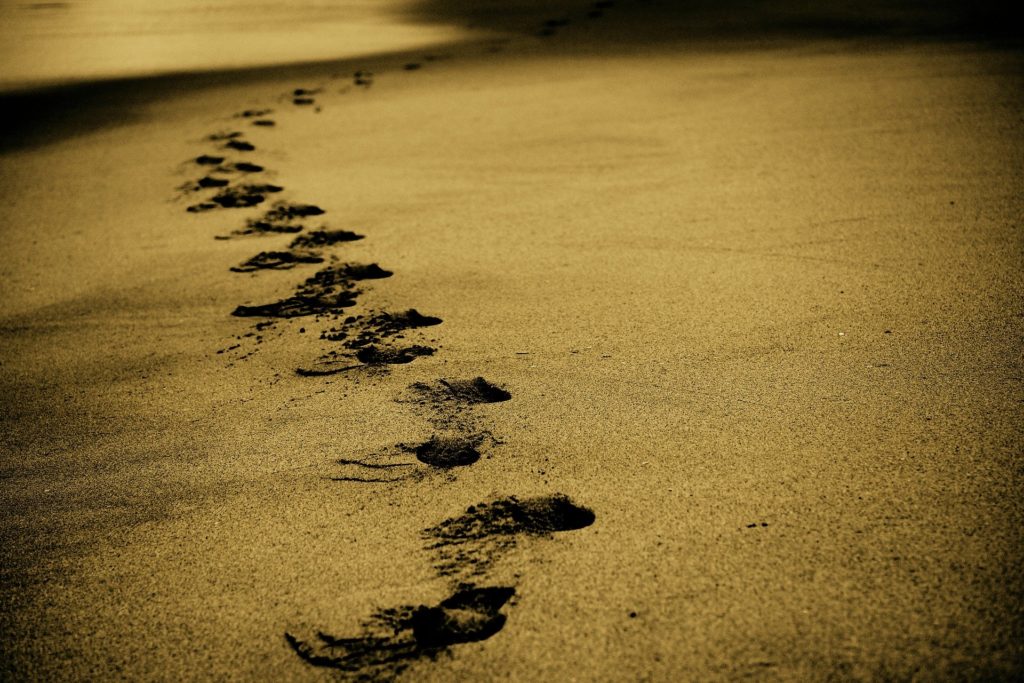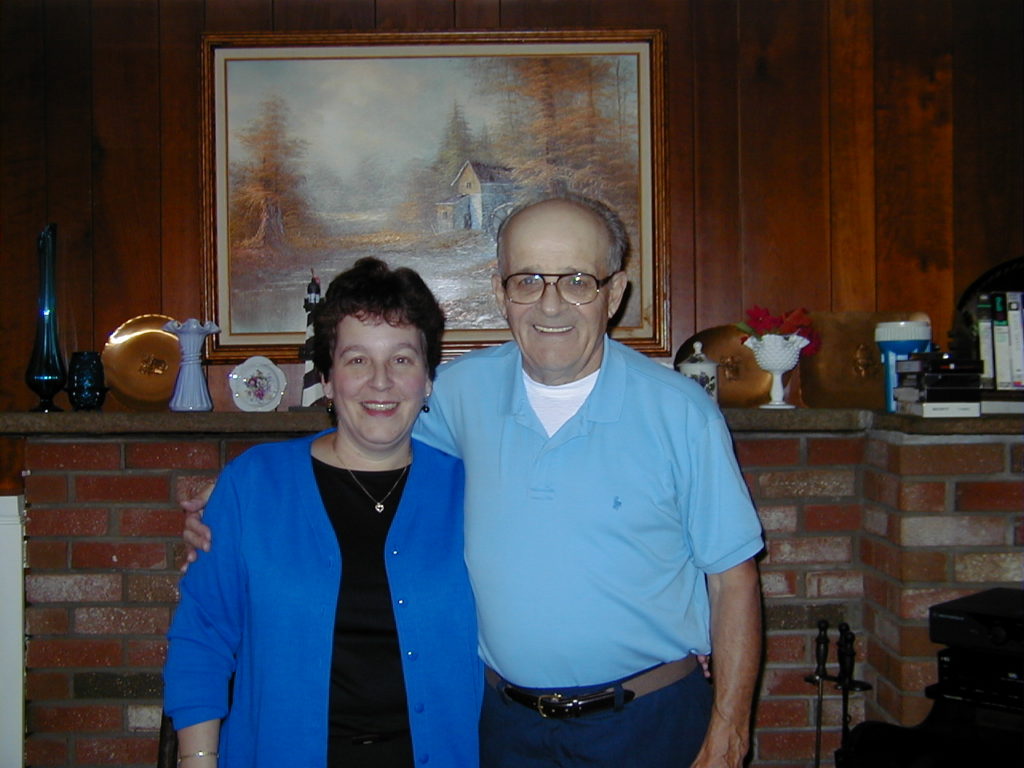
Today is Dad’s birthday. The ache of missing him competes with all the memories, the laughter, the certainty that no matter what–he was always there for me. What are your perspectives about your parents?
When We’re Kids
Of course, in the way of children, I wish the way he’d been there for me had fallen more in line with MY wishes.
And that’s how it is with kids. They think the world revolves around them. They think they should always be the first thing their parents think about when they wake in the morning and the last image they see before falling asleep at night. For the most part, parents do just that.
The reason parents don’t put their kids first all the time is because they’re not perfect. They have blind spots. Their own hopes and wishes. Histories and secrets they don’t share. Stuff they wouldn’t ever consider sharing with their children. Why? Because they want to protect and keep them safe. Even if it puts them in a bad light.
Relationship Perspectives
I look back on my relationship with my father as having occurred in three distinct phases. The first was that of a child and it was the longest period. It ended when my mother died 22 years ago. Until then, he was the autocratic parent and even though I was 42-years-old when my mother passed away (Dad was 68), I believe he still saw me as a child who needed his guidance.
Without my mother serving as a buffer, Dad and I found ourselves on new footing. We became friends, I think. We both missed Mom so much we wound up filling some of that void in each other. I saw more of his softer, vulnerable side as he learned to reach out to others.
Dad underwent bypass surgery at age 79. That event, more than anything, reshaped and redefined our relationship. Not only did the experience alter much of his perspective on life, it altered mine. He learned that he could trust me to put him and his welfare first. I learned things about Dad I’d never known–mostly events that happened to him as a small child. How the influence of his parents affected him. What monsters slept beneath his bed.
Life-changing Events
My life was never the same after that 10-day period I spent nursing him back to good health. For a short time, while I listened to him ramble, and cry, and share some of his innermost secrets, I was able to view life through the lenses of his glasses.
Without asking a single question, I simply listened. At last, I reached the perfect understanding about what had prompted him to be the person he was. I learned why he’d behaved and spoken as he had. I recognized that he–like me–was the child of his parents. The child of unfulfilled hopes, unrealized dreams … and actual fears. The child who’d wished his parents had been different but who loved them anyway.
Perspectives about Your Parents
That’s the thing about perspectives. They’re different. They originate from different places and angle themselves in different directions. So, think about it again. What are your perspectives about your parents? Have they changed? Remained the same? Why? Why not?
I’ve learned that even when our perspectives change, they don’t change the fact that regardless of who we are, where we come from, and what hurts us–we’re all much more alike than we are different.
Happy Birthday, Dad. I miss you, but I love you more.
